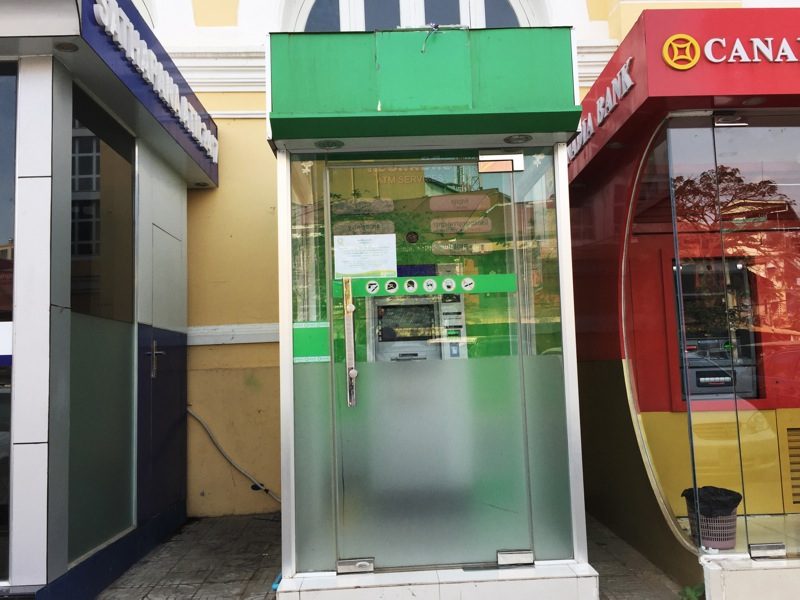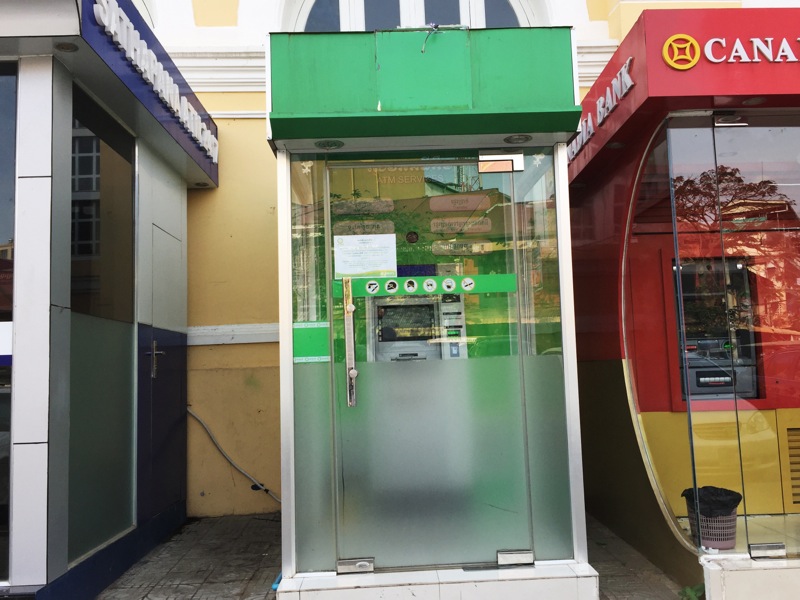Reacting to the central bank’s announcement of a hard cap on interest rates, the chairman of an industry group representing 84 microfinance institutions on Wednesday said the association would request tax exemptions or cheap loans from the bank to make the arrangement viable.
“We have agreed to support the decision of the government and the National Bank of Cambodia and work together to deal with this,” said Huot Ieng Tong, chairman of the Cambodia Microfinance Association and president and CEO of microfinance lender Hattha Kaksekar Ltd.

“However, we also have agreed to request that the National Bank meet with us and plan to raise a proposal to the government to help MFIs by lowering the interest rate for loans to us to cut operating costs, and also to request a certain level of tax exemptions,” Mr. Ieng Tong said.
The request would be made by the end of the week, he said.
The National Bank of Cambodia (NBC) announced on Monday that it would establish a maximum annual interest rate of 18 percent on loans from MFIs effective April 1—down from an average annual rate on high-risk, small loans of about 20 to 30 percent.
The announcement was met with caution and skepticism from analysts and lenders, who said the cap would squeeze MFIs’ margins and force them to cut staff, costs and loan offerings for low-income borrowers.
“Different MFIs will consider an alternative in order to sustain in the future, such as reducing small loans and cutting operating costs by reducing staff,” Mr. Ieng Tong said earlier this week.
His planned request to seek loans from the NBC, if granted, would be a novel solution, as loans from the central bank to MFIs are unusual.
Yun Sovanna, the association’s general secretary, said the industry group was “not aware of any MFIs that receive direct loans from the National Bank of Cambodia.”
“We note that the NBC, in its role as a central bank, acts as a guarantor and lender of last resort in Cambodia,” he said.
Mr. Sovanna added that the association’s member institutions would welcome any help offered “be it in the form of tax incentives or concessional loans.”
Stephen Higgins, a managing partner at Mekong Strategic Partners, said that seeking loans from the central bank was not a strategy that the consultancy would recommend.
“It doesn’t make sense for a central bank to be lending money to MFIs on an ongoing basis,” he said.
“How does the NBC decide which MFIs to give loans to? What happens if an MFI fails?”
“Do small MFIs get cheap funding from the NBC, is that funding unlimited?” he said.
Mr. Higgins said the problem would be compounded by the demand for U.S. dollar loans in Cambodia—which hampers the central bank’s ability to influence interests rates and the economy through its lending to commercial banks.
“Most borrowers borrow in U.S. dollars. The NBC can’t print U.S. dollars. So for them to get U.S. dollars to off-lend to the MFIs…the money doesn’t come free. Someone has to pay for it,” Mr. Higgins said, adding that the NBC, and ultimately the government, would be the ones to pay.




